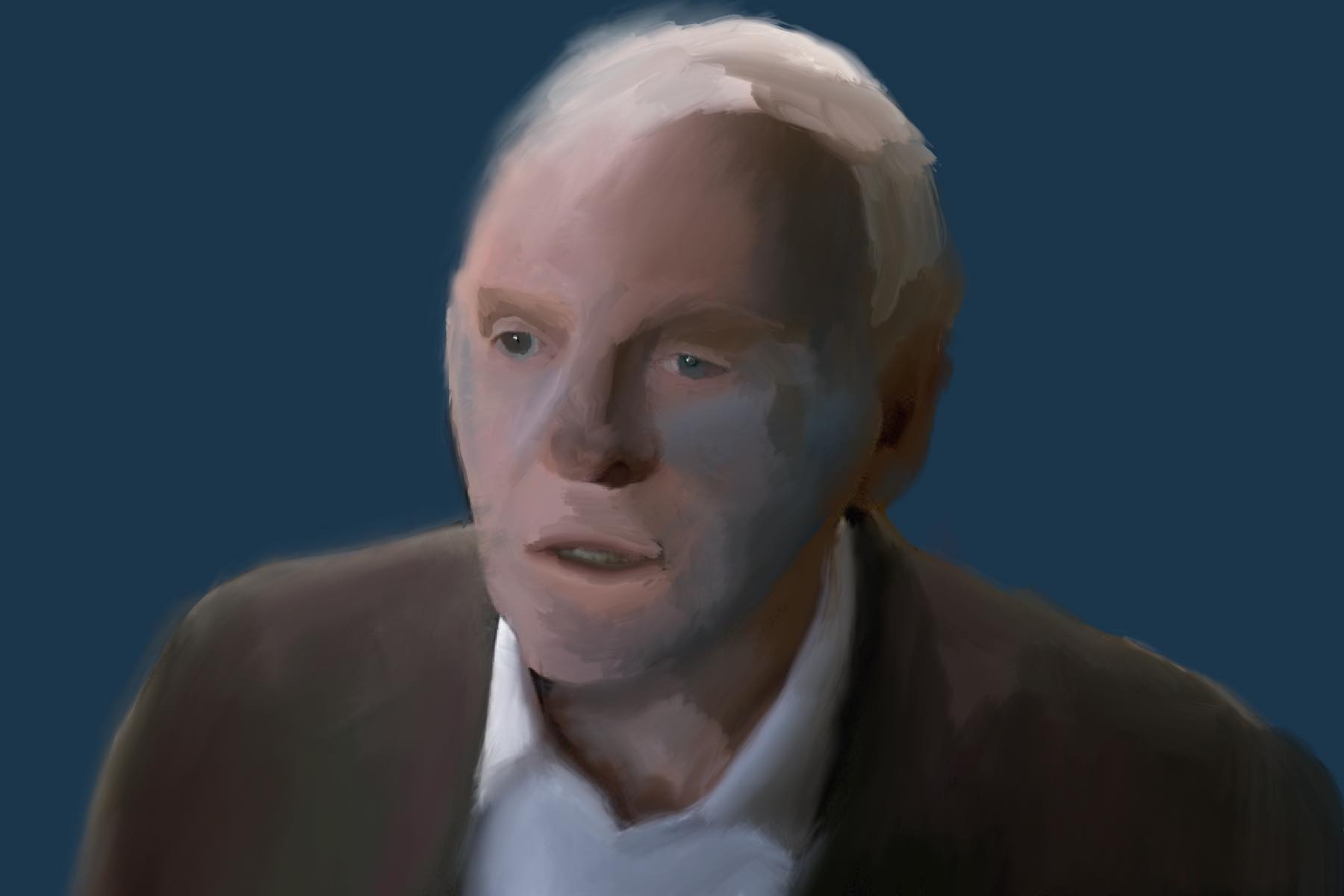Most films which play mind games with their viewers tend to be working towards some sort of hyper-intellectual ‘gotcha’ moment. The Father, which follows a vulnerable pensioner losing touch with reality plays many of these cinematographic tricks. In this case, however, the audience is sadly all too familiar with the reason why. An intimate yet harrowing insight into what it is like to experience dementia, The Father isn’t trying to catch anyone out. Its trippy chronology and haunting visuals simply attempt to illustrate how distressing this disease can be.
The film is an adaptation of the French filmmaker and playwright Florian Zeller, who also directs this iteration of the story. Directed by French filmmaker and playwright Florian Zeller, the film is an adaptation of his award-winning 2012 play, Le Père. Despite recently snapping up Oscars for both Best Adapted Screenplay and Best Actor, this is not the story’s first on-screen incarnation. In 2015, director Philippe Le Guay took the play as the premise for his dramatic comedy Floride (‘Florida’). Le Guay took vast liberties with Zeller’s script in order to lighten the mood, inventing a father figure who is more cheeky grandpa than broken old man. Back in the hands of the original author, however, The Father’s tone is suitably dark given its subject matter.
When we first meet Anthony (Anthony Hopkins), he seems to be fairly capable of looking after himself. He potters about his spacious London flat and even pops to the shops. But it swiftly becomes obvious that his memory has a habit of failing him. He forgets where he has put things, what he has said, and to whom he has said it. When his daughter, Anne (Olivia Coleman), finds out his behaviour has resulted in yet another carer abandoning her, the impact that this disease has upon the family unit becomes glaringly apparent.
Back in April, this performance earned Hopkins – who is 83 – the accolade of being the oldest person ever to win an Oscar for acting. But as much as this is necessarily an old man’s role, it never feels stuffy or clichéd. Rather, Hopkins is dynamic in part because of how frighteningly unpredictable dementia can be: at times Anthony is playful and charming, at others aggressive and confused. Coleman plays the part of the daughter to perfection, but the role is relatively constricted. We are only ever allowed glimpses into how Anne really feels, be it in her forced smiles or overzealous apologies on her father’s behalf, for the story is told almost exclusively from Anthony’s perspective. The take is an original one, but the result is often jarring. At times, the film feels more like a subdued horror with the jump-scares replaced by time-jumps, time-loops, and figures mysteriously appearing from previously empty rooms. Of course, this is the point, but with no reprieve from the disorientating unreality of Anthony’s mind, one may well feel quite battered when the 97 minute run time is up.
With that being said, there can be no doubt that this film is moving. But it is not touching in the usual, tender-yet-heart-warming sense that we have come to expect of Hollywood. This is a story that is moving in its unrelenting authenticity. It is, like the disease it so honestly portrays, bleak to the very end. Perhaps most striking, though, is its cool colour palette. Almost everything – even down to Anthony’s pyjamas – is painted in chilly blue tones, creating a stale, almost insipid, atmosphere of detachment. This careful curation anticipates one of the most poignant moments of the film when Anne, rifling through her father’s blue-grey wardrobe, comes to linger on a golden coloured tie as if concentrated in its vibrant colour is the life of the man who once wore it.
The Father is not a comforting watch, nor does it ever claim to be. It reinvents the modern family psychodrama by placing an all too familiar real-life tragedy at its epicentre. This is why it feels so relentless: if films are what we turn to in order to escape reality, The Father refuses us the pleasure. It is precisely this which makes it a must-see.
The Father is in cinemas on the 11th June 2021
Artwork by Sasha LaCombe



